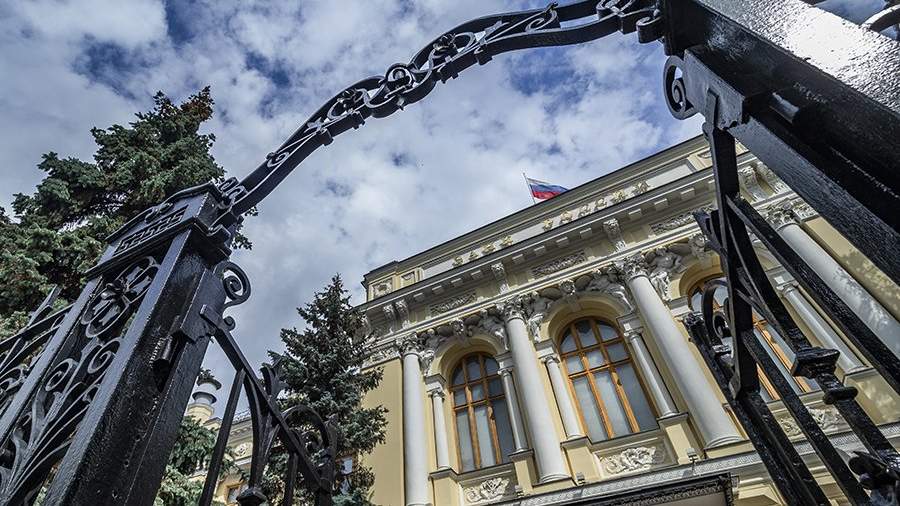The Central Bank of Russia (CBR) introduces a temporary relaxation of the obligation for credit institutions to comply with limits on open currency positions. This is necessary to facilitate the adaptation of banks to the sanctions applied against them. This was reported on Sunday, February 27, in the press service of the regulator.
“The Bank of Russia will not apply measures to credit institutions for non-compliance with the established limits in respect of open foreign exchange positions in certain foreign currencies and precious metals, the sum of all open foreign exchange positions in foreign currencies and precious metals, as well as the balancing position in rubles, provided that this the situation arose due to external circumstances, and the opportunity provided is not used by banks for speculative purposes,” the report says.
It is noted that the measures will be in effect from February 18 to July 1 this year. The Central Bank also assured that it would monitor the values of open foreign exchange positions and the reasons for their changes to ensure the smooth functioning of the foreign exchange and money markets, as well as the financial stability of credit institutions.
On the same day, the Central Bank announced that it has the necessary resources and tools to maintain financial stability and ensure the operational continuity of the financial sector in the country. In addition, the Central Bank noted that the Russian banking system is stable and has an adequate capital reserve for normal functioning.
Bloomberg reported on US intentions to impose sanctions against the Central Bank of Russia. It is noted that the final decision has not yet been made. The day before, the press secretary of the President of the Russian Federation Dmitry Peskov said that the Western sanctions are very serious, but, according to him, Russia was preparing for them in advance.
On February 26, the United States imposed sanctions on a number of companies with state participation or organizations important to the economy and on “two companies with a predominance of private capital.” The list includes Gazprombank, Alfa-Bank, Sberbank, Otkritie Bank, Sovcombank, VTB, Rosselkhozbank, Moscow Credit Bank (MKB) and Novikombank. Following the United States, other countries have imposed sanctions against Russian banks.
The Central Bank announced on February 25 that cards of all payment systems continue to work normally throughout Russia to pay for goods and services, transfers and transactions through ATMs without restrictions. Cards issued by banks that fell under the sanctions work and will continue to work in Russia. Clients’ money on accounts linked to cards is fully saved and available.
Western sanctions followed in response to the Russian-led operation to protect the Donbass, the beginning of which Russian President Vladimir Putin announced on February 24. After that, President of Ukraine Volodymyr Zelensky accused the Russian Federation of hitting the country’s military infrastructure and introduced martial law throughout the country. He later severed diplomatic relations with Russia.
On February 21, Putin signed decrees recognizing the independence of the DNR and LNR. Also, the Russian leader signed agreements on friendship, cooperation and mutual assistance with the republics. The treaties were ratified the next day.
The situation in Donbass escalated on February 17, 2022. In the Donetsk and Lugansk People’s Republics, heavy shelling by Ukrainian security forces was reported, including from heavy weapons. The republics announced a general mobilization and evacuation of civilians to the territory of Russia.
Since 2014, the Ukrainian authorities have been conducting a military operation against the inhabitants of Donbass, who refused to recognize the results of the coup d’état and the new government in Ukraine. At the same time, Kyiv blames Moscow for the current situation. Russia has repeatedly stated that it is not a party to the conflict.
For more up-to-date videos and details about the situation in Donbass, watch the Izvestia TV channel.
Source: IZ
Jane Stock is a technology author, who has written for 24 Hours World. She writes about the latest in technology news and trends, and is always on the lookout for new and innovative ways to improve his audience’s experience.




